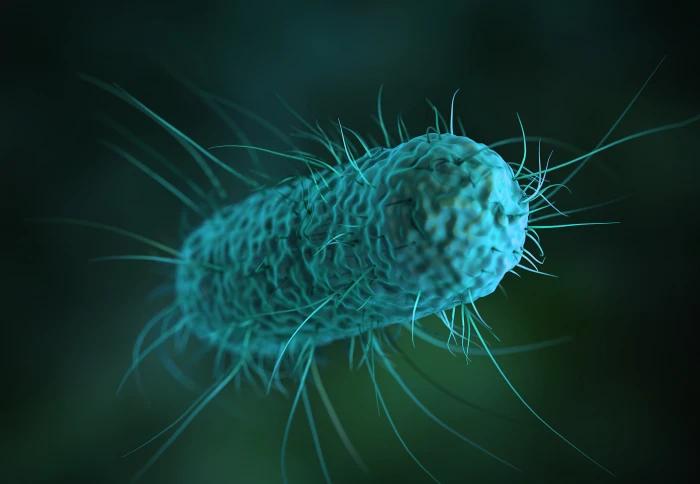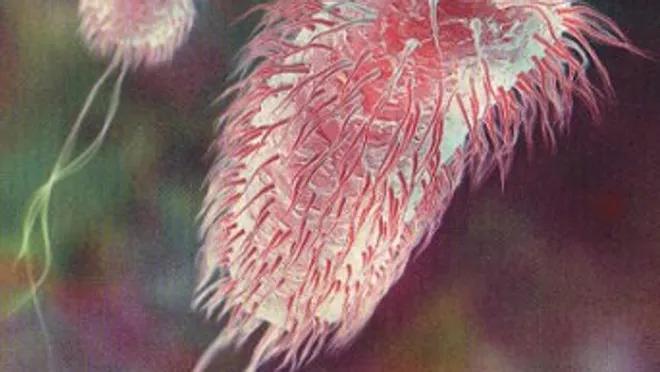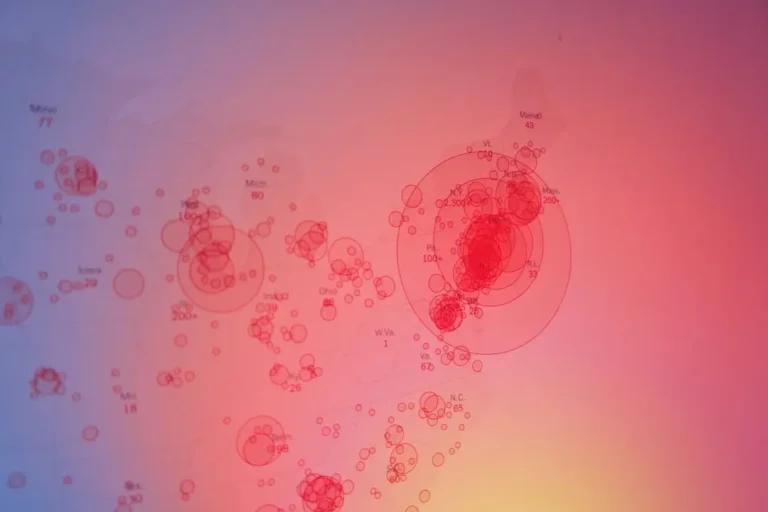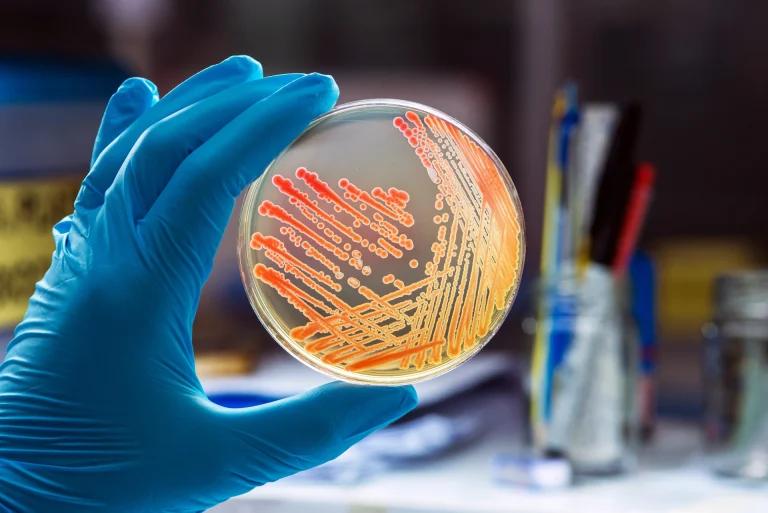
E. coli, short for Escherichia coli, is a type of bacteria that often makes headlines for causing severe foodborne illnesses. While many strains of E. coli are harmless and even beneficial, certain variants can lead to debilitating symptoms, hospitalisation, and in some cases, life-threatening complications. Understanding how these dangerous E. coli infections occur is crucial for protecting yourself and your loved ones.
What is E. coli?
E. coli is a diverse group of bacteria that are naturally present in the lower intestines of humans and warm-blooded animals. While the majority of E. coli strains are harmless, and even beneficial, a select few can cause severe illness when they find their way into the human body. These harmful types of E. coli strains are known for their ability to produce potent toxins that can wreak havoc on the digestive system and other vital organs.
The most notorious of these pathogenic E. coli strains is the Shiga toxin-producing E. coli (STEC), which includes the infamous E. coli O157:H7 subtype. STEC can trigger a range of gastrointestinal symptoms, such as bloody diarrhea, abdominal cramps and vomiting. In some cases, STEC infections can lead to a life-threatening condition called hemolytic uremic syndrome (HUS), which can in turn lead to kidney failure, neurological complications, and even death.
How do people get infected with E. coli?
E. coli infections typically occur through the ingestion of contaminated food or water. The primary routes of transmission include:
Contaminated food
Ground beef, unpasteurized dairy products, and raw or undercooked produce are common causes when it comes to E. coli outbreaks. During the slaughtering and processing of cattle, the bacteria present in their intestines can easily transfer to the meat. Similarly, raw milk (unpasteurized milk) can become contaminated with E. coli from the cow’s udder or milking equipment. Produce, such as leafy greens, can also pick up E. coli from runoff from nearby cattle farms or improper handling during cultivation and distribution.
Contaminated water
E. coli can find its way into water sources through the introduction of human or animal waste. Public drinking water systems often use disinfection methods like chlorination, ultraviolet light, or ozone to kill E. coli, but outbreaks have still been linked to contaminated municipal water supplies. Lakes and swimming pools are particularly vulnerable to E. coli contamination, as they may lack adequate disinfection measures.
Person-to-person transmission
E. coli can also spread directly from person to person, especially when infected individuals, including young children, do not wash their hands properly after using the bathroom. Family members of those with an E. coli infection are at an increased risk of contracting the illness themselves through close contact and shared living spaces.
Animal contact
Visiting petting zoos, animal barns, or other venues where the public may come into direct contact with farm animals has been identified as another significant risk factor for E. coli infection. The bacteria can be transmitted through contact with infected animal faeces.
Who is at risk for E. coli infection?
While anyone can potentially develop an E. coli infection, certain groups are more susceptible than others:
Young children
Young children, particularly those under the age of 5, are at a higher risk of experiencing illness and more severe complications from E. coli infections. Their developing immune systems may struggle to effectively combat the harmful effects of the bacteria.
Older adults
Individuals over the age of 65 are also more vulnerable to E. coli-related health problems. As we age, our immune systems tend to weaken, making us more susceptible to the damaging effects of E. coli toxins.
Immunocompromised individuals
People with compromised immune systems, such as those living with HIV/AIDS, undergoing cancer treatment, or taking immunosuppressive medications, are at an increased risk of developing severe E. coli infections. Their bodies may have a harder time fighting off the bacteria and the associated complications.
International travellers
Travellers, especially those visiting developing countries, face a heightened risk of contracting E. coli infections. Differences in food handling, water quality, and sanitation practices in these regions can expose visitors to contaminated sources.
Symptoms of E. coli infection
Symptoms of an E. coli infection can vary depending on the specific strain and the severity of the illness. However, the most common signs and symptoms include:
- Diarrhea, which can range from mild and watery to severe and bloody
- Severe abdominal cramps and pain
- Nausea and vomiting
- Low-grade fever
In more serious cases, particularly those involving the Shiga toxin-producing E. coli (STEC), individuals may develop a life-threatening condition called hemolytic uremic syndrome (HUS). HUS is characterised by the following symptoms:
- Acute kidney failure
- Hemolytic anemia (destruction of red blood cells)
- Thrombocytopenia (low platelet count)
HUS can lead to permanent kidney damage, neurological complications, and even death if not promptly and properly treated.
Diagnosing and treating E. coli infections
If you suspect that you or a loved one may have contracted an E. coli infection, it’s crucial to seek medical attention promptly. Healthcare providers will typically diagnose the infection through the following tests:
- Stool sample analysis: A stool culture can detect the presence of E. coli bacteria and identify the specific strain responsible for the illness
- Urinalysis or urine culture: If the infection has spread to the urinary tract, a urine test can help confirm the diagnosis
- Blood culture: In severe cases, a blood test may be ordered to check for the presence of E. coli in the bloodstream
The treatment approach for E. coli infections largely depends on the severity of the symptoms and the specific strain involved. For milder cases of E. coli gastroenteritis, the focus is often on managing the symptoms and preventing dehydration through the following measures:
- Plenty of fluids to replace what is lost through diarrhea and vomiting
- Avoiding medications that can worsen diarrhea, such as antidiarrheal agents
- Providing supportive care, such as pain relief and rest, until the infection resolves
However, for more serious E. coli infections, particularly those caused by STEC, antibiotics are generally not recommended as they can potentially increase the risk of developing HUS. Instead, healthcare providers may recommend the following:
- Closely monitoring the patient’s condition and providing supportive care, including intravenous fluids, to prevent dehydration and other complications
- In cases of HUS, specialised treatment may be necessary, such as dialysis or blood transfusions, to address the acute kidney failure and other life-threatening issues
It’s important to note that the decision to use antibiotics for E. coli infections should be made carefully by a healthcare provider, as the potential risks and benefits must be weighed on an individual basis.
Preventing E. coli infections
The best defence against E. coli infections is to take proactive steps to prevent them in the first place. Here are some key strategies for reducing your risk:
Proper food preparation and handling
- Cook meat like ground beef, poultry, and other meats thoroughly to an internal temperature of at least 160°F (71°C) to kill any potentially harmful bacteria
- Avoid consuming raw or unpasteurised dairy products, juices, and ciders
- Wash all fresh produce thoroughly under running water, even if it’s going to be peeled or cooked
- Separate raw and cooked foods to prevent cross-contamination. This includes using separate cutting boards and cleaning all surfaces and utensils that have come into contact with raw meat or poultry
Maintaining good hygiene
- Wash your hands frequently, especially before handling food, after using the bathroom, and after contact with animals
- Encourage children to develop good handwashing habits as well
- Avoid swallowing water while swimming in lakes, pools, or other recreational water bodies, as they may be contaminated with E. coli
Vigilance for at-risk individuals
- Those with weakened immune systems, young children, and older adults should be particularly cautious about consuming high-risk foods, such as undercooked meat and unpasteurized dairy products
- Consider avoiding direct contact with farm animals or visiting petting zoos if you fall into a high-risk category
By following these preventive measures and staying informed about the sources and transmission of E. coli, you can significantly reduce your chances of contracting this potentially dangerous bacterial infection.
Conclusion
E. coli infections, particularly those caused by the Shiga toxin-producing strains, pose a significant threat to public health worldwide. Understanding how these bacteria are transmitted, who is most vulnerable, and the steps that can be taken to prevent and manage infections is crucial for protecting ourselves and our communities.
Sources
NowPatient has taken all reasonable steps to ensure that all material is factually accurate, complete, and current. However, the knowledge and experience of a qualified healthcare professional should always be sought after instead of using the information on this page. Before taking any drug, you should always speak to your doctor or another qualified healthcare provider.
The information provided here about medications is subject to change and is not meant to include all uses, precautions, warnings, directions, drug interactions, allergic reactions, or negative effects. The absence of warnings or other information for a particular medication does not imply that the medication or medication combination is appropriate for all patients or for all possible purposes.









